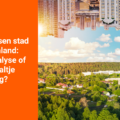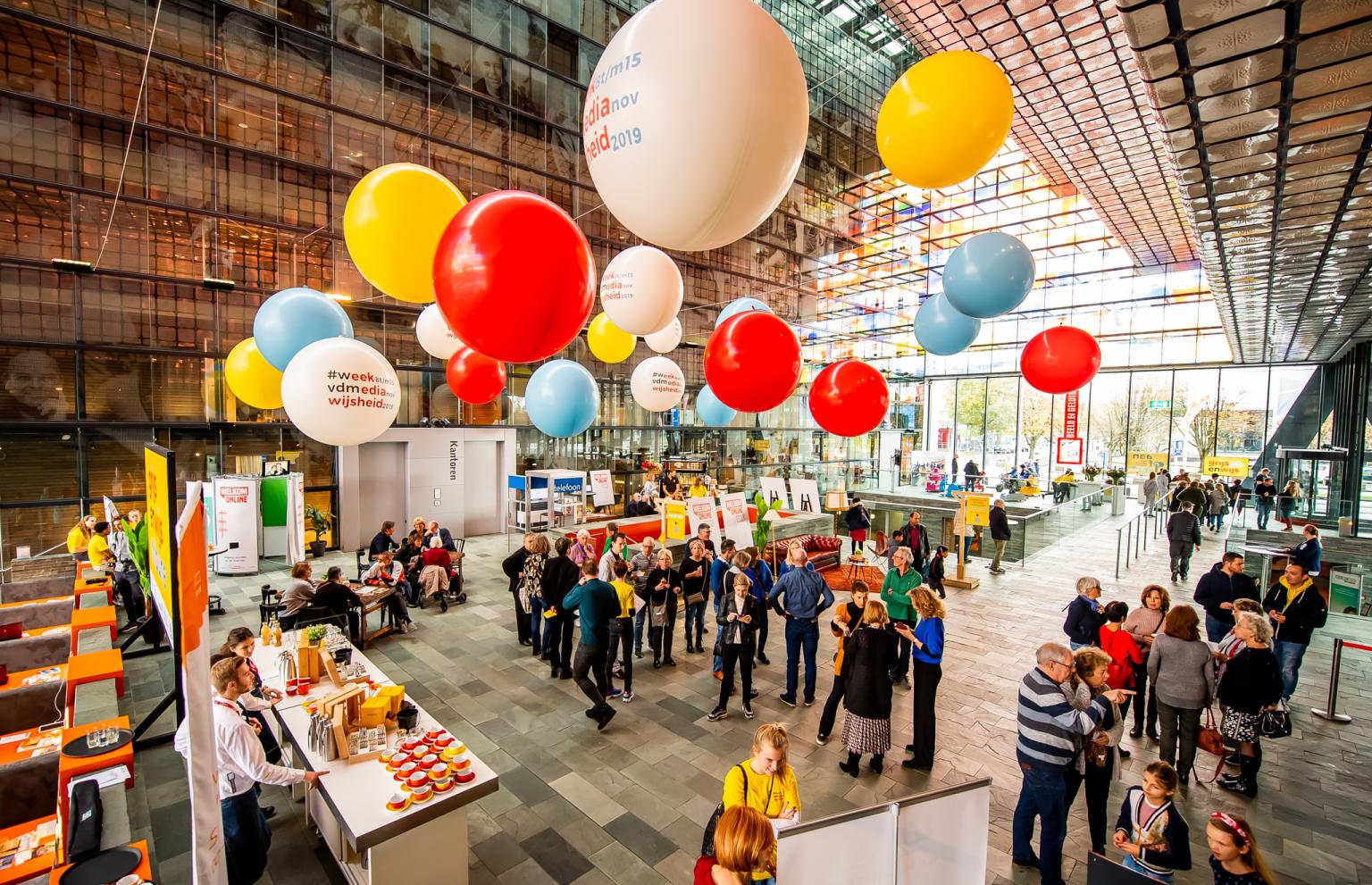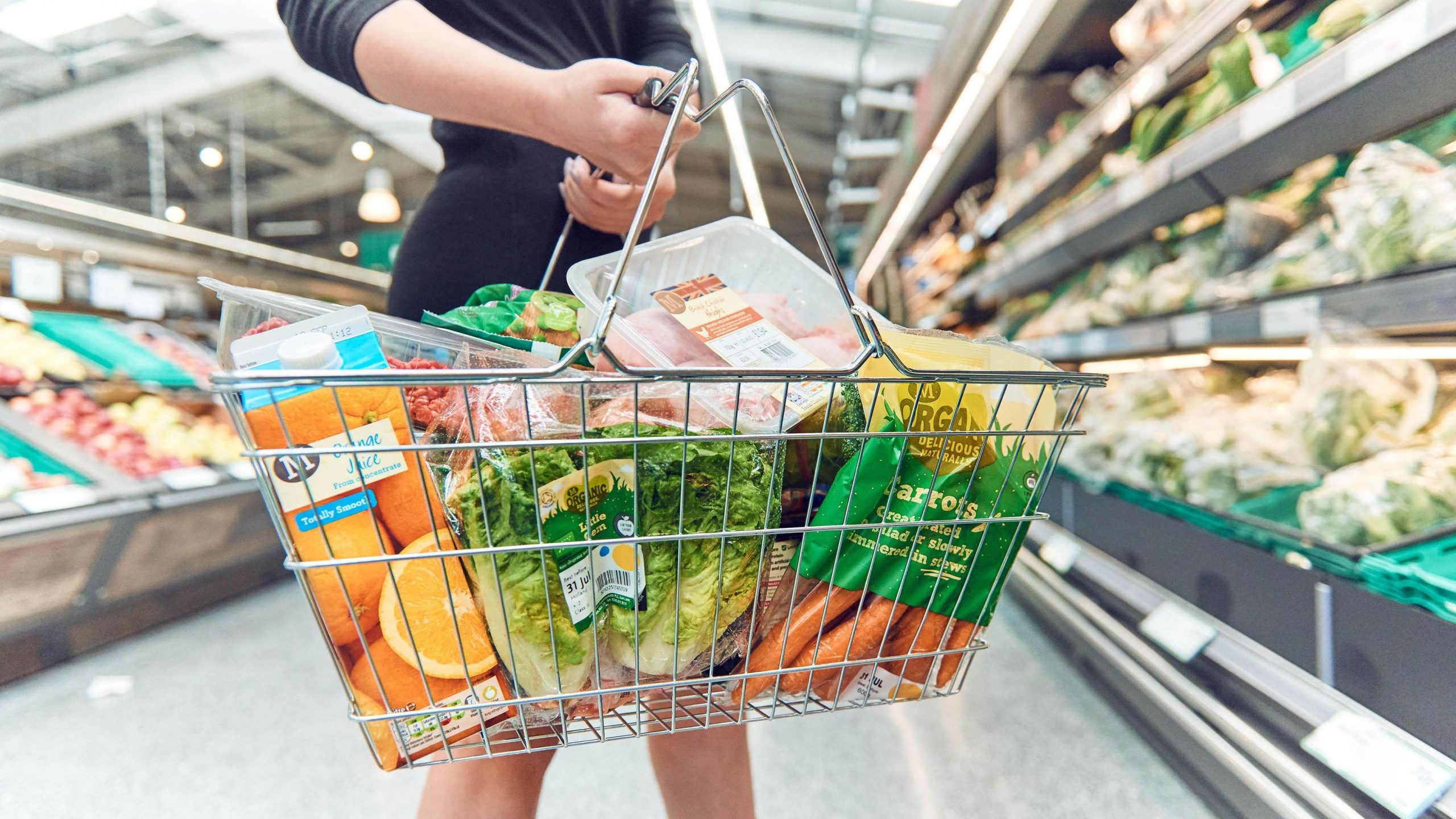
'The distance between consumers and food producers has become too great'
Interview with Issue Award nominee and Agractie Nederland leader Bart Kemp
Sheep farmer Bart Kemp became one of the most prominent faces of the farmers' protests in the Netherlands last year. He took the initiative to travel by tractor to the Malieveld in The Hague to protest against, among other things, the nitrogen problem and entered into discussions with policymakers and politicians. Kemp became the leader of the new organization Agractie Nederland, which put issues on the map with gusto. On January 23 he has a chance to win the Issue Award. Despite all the attention, Kemp says he is primarily a farmer, who is currently 'just' preparing for the lambing season that is just around the corner. We spoke to him in the run-up to the presentation of the Issue Award.
You have indicated that you are not much of an activist, but rather someone who prefers to spend his time in the meadow, among the sheep. Why did you decide to travel to The Hague on October 1?
'Farmers have been encountering regulations for years that are incompatible with practical work and that also change far too often. Once you have arranged something and invested, you often have to do it completely differently again. That is one reason why we went to the government. Another reason is the social debate about food production in the Netherlands. Over the past twenty years, food producers and consumers have grown apart: people have far too little feeling for the small group that provides the food.'
How do you try to reduce the distance between farmer and citizen?
'People eat our food every day, which we produce based on consumer demand. Yet the farmers mainly feel that they are being cheated on. Food production in the Netherlands is safe and efficient, especially compared to other countries. That story has come to the fore again due to the actions. We did this by addressing not only the government, but also the citizen and entering into discussions with each other.'
Is that why Agractie-Nederland opted for a public-friendly approach, unlike some other action groups?
'In the short term, a tough stance can of course certainly have a desired effect. You see this, for example, during farmers' protests in France. But I think that in the long term you have to do it together, in an honest dialogue. My view is that you should not let other people suffer from your demands.'
What is the most important outcome of the Agractie-Nederland protests?
'We have not only woken up politicians and consumers, but also created unity among farmers. The support we received was very massive. There is a feeling again that we are allowed to be there.'
What will you do in the near future to ensure that this issue does not disappear from the agenda?
'Farmers only make up about one percent of the population. That one percent provides everyone's breakfast, lunch and dinner. To keep the social debate in balance, we must be intensively involved in telling our story. I think that's why we all need to grab a podium more often. For example, more vlogging, more influence to highlight the story of food producers. That's not why you became a farmer, but it is now necessary. In addition, we will continue to show ourselves in fun ways.'
Photo credits: Facebook page Agractie-Nederland




